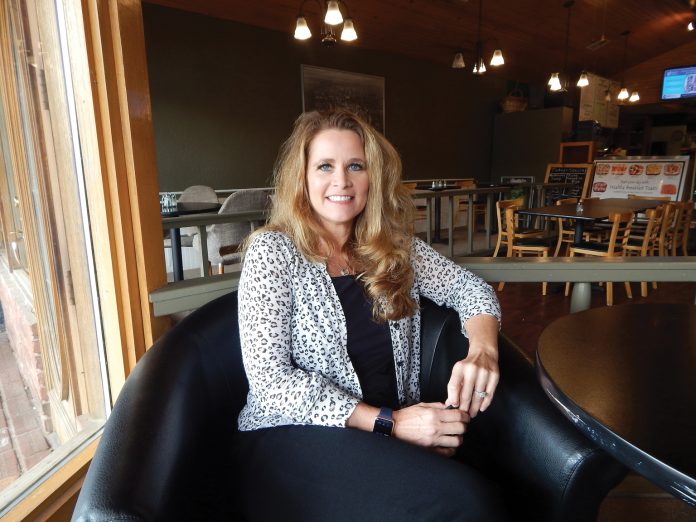
by James Coburn, Staff Writer
It does not take long to see that the nurses serving Valir Hospice are passionate about the work they do. Laura Trammell, vice president of Valir Hospice, has been with the company since 2008.
She enjoys working with Valir because of the support of management. They are visionaries who want to grow, she said, but they want to grow the right way.
“We want to be the best in every division that we have,” Trammell said. “We don’t necessarily care about being the largest hospice. We want to be the best hospice. That’s something I’ve taken a lot of pride in. We’ve grown over the years since I’ve been with Valir.”
Part of this slow and steady growth has been due to the nursing staff.
“I sit back in awe every day with our nurses. I really do because we have some nurses that have over 20 years of hospice experience,” Trammell said.
Knowing the skill set Valir Hospice employs impresses Trammell while knowing that hospice nursing is a specialty field of care. The nurses are working with terminally ill patients and their family member on a daily basis, she continued.
“It is very challenging, and it is very hard work to deal with death and dying,” Trammell said. “And they take such pride in their work.”
Helping to get patients and their families through their final journey is demanding work when making sure everybody understands what is happening. Nurses offer comfort to both patients and their loved ones when their world is changing. Education is a key part of the process.
Valir Health as a whole includes inpatient rehab, outpatient rehab, a workforce health division for an all-inclusive health care system.
Patients have learned to trust Valir. So oftentimes they chose Valir Hospice when they need calls.
Trammell said Valir Hospice nurses not only have the skill set required for the work, but they must have a true passion.
“I want nurses that are really wanting to work in hospice and not be there for a paycheck,” Trammell said. “It takes a specific skill set to work in hospice. You have to have a huge heart. You have to have strong shoulders to deal with everything your patients and families are going through.”
Nurses who have a history of various types of nursing will do well in hospice care, she continued. New nurses generally are not the primary applicants.
“Most of them get into nursing so they can provide curative type skills like in an ICU, pediatrics or something like that,” Trammell said.
Hospice does not focus on curative methods of care. It is on comfort methods, she said. The beauty of hospice is holistic care. It is distinct from any other health care division with its attention to patients and their families.
Valir has physicians, nurses, chaplains, social workers, massage therapists, volunteers and pet therapist to meet all the needs of its clients.
Many of the nurses with Valir have had personal experiences with hospice before joining that realm of care.
“I think the majority of all of our hospice staff have at some point dealt with a death in their life and a hospice experience,” Trammell said. “I know for myself, that is true as well. And I really didn’t understand hospice until my grandmother was put in hospice years ago.”
So the nurses empathize about what it is like to be a true family member in grief. They can put themselves in the shoes of their patients’ families because they’ve been there.
Trammell said the nurses are good listeners and are pretty much like counselors, too. This is something that she always talks to the Valir Hospice staff about.
“It’s so important to listen to your patients and families,” she said. “I remind my staff at all times, ‘Just go in and ask what is it that you want from my visit?’”
In-turn, nurses get an understanding of what is transpiring with family dynamics and the patient. They definitely have to be a multitasker with big ears at the bedside, she said.
“In hospice burnout is very strong and it can happen very quickly,” she said of the feedback she understands from nurses. “Hospice just doesn’t’ stop at 5 p.m. It is 24/7.” Even though nurses are rotated on and off call, some of them become very attached to their patients and their families. And if they’re not on call, some of them go out anyway just because they have that true calling to do the right thing. They want to be there with that patient and family.”












